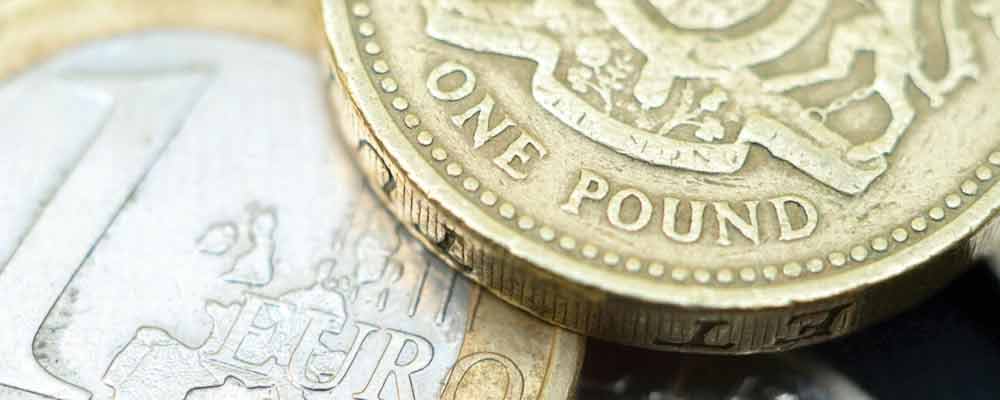After starting the European trading session trending lower across the board, the Pound was able to reverse some of its losses against the Euro and US Dollar thanks to an unexpectedly strong UK Services PMI.
The index of the UK’s all-important services sector had been tipped to fall from 55.2 to 54.7 in December but it actually advanced to 56.2.
This completed a hat trick of better-than-forecast PM reports, with the Manufacturing and Construction equivalents also rising unexpectedly earlier in the week.
The figures indicate that despite mounting uncertainty towards the Government’s plans for Brexit negotiations, the UK’s economy has demonstrated surprising resilience.
David Noble of the Chartered Institute of Procurement & Supply stated; ‘There were reports of export business buoyed by the weak pound, adding to the strength of domestic demand. However, sterling’s persistent lows added more pressure to input prices, which expanded at a rate close to November’s five-and-a-half year high as fuel, food, IT and wage costs went up.’
If the economic climate remains this temperate it might limit Pound losses in the months leading up to the activation of Article 50. Sterling could even stage something of a recovery if concerns surrounding upcoming European elections weigh on the Euro and the Federal Reserve holds off from adjusting interest rates for the first few months of the year.
Sterling previously tumbled after Sir Ivan Rogers, who resigned his post as the UK’s EU Ambassador earlier in the week, asserted that ‘serious multilateral negotiation experience is in short supply in Whitehall.’ He also referenced ‘ill-founded arguments’ and ‘muddled thinking’.
The Pound remained down by 0.25% against the Euro (EUR) in the immediate aftermath of the report’s publication but had moved away from its earlier low of 1.1644. Similarly, the Pound advanced from 1.2269 to 1.2305 against the US Dollar (USD).
Further fluctuations were recorded after Bank of England (BoE) Chief Economist Andy Haldane asserted that the central bank still expects Brexit to have a negative impact on the domestic economy. Although acknowledging that near-term data had surprised to the upside, Haldane said the BoE’s perspective hadn’t changed.
According to Haldane; ‘There has been more resilience among consumers and in the housing market than we had expected. Has that led us to fundamentally change our view on the fortunes of the economy looking forward over the next several years? Not really. This is more a question of timing than of a fundamental reassessment of the fortunes of the economy.’




